Why should I take magnesium
Magnesium is a very important mineral. Which apparently 75% of adults are now lacking. There are 2 simple reasons for this.
Our diets have evolved and we intake so much less nutrients due to convenience pre prepared foods. But also our soils are becoming more and more depleted so it really is out of our hands and that’s why it’s now of the few supplements I now take.
I try to follow a health movement called The Root cause Protocol who say most of our body imbalances can be restored with the right levels of magnesium, copper & Iron. Most of this is done through diet but as I mentioned above it’s hard to get magnesium from diet alone so they do recommend these magnesium supplements as they are clean and don’t have fillers. Like for example Holland & Barrett’s own brand cheap alternatives. Sorry H&B.
Magnesium Glycinate is good for sleep and to calm. So take in the evening.
Magnesium Malate is good for energy joints & muscles so take this in the morning. Also give it a try if you suffer from migraines & restless leg, Below is the longer explanations for each benefits. There’s a small discount attached to these two links for you wherever you are in the world.
I have recently got involved with this brand. REVIVE! They are actually electrolytes and have 100mg of Magnesium Malate in them along with Sodium & potassium. Sadly they are not part of the RCP but none the less I am bowled over by how good they make me feel. I still take the glycinate above and I also take these Monday to Friday when I really want to power on with treating my reflexology clients. I take little else at the moment. My energy levels are through the roof daily & I sleep heavyyyy for 8 or 9 hours when I take them. They are around £1 each which feels a lot for a supplement. But the extra clarity and work I can accomplish I think they are so worth it. Plus my logic is I don’t drink a daily £4 coffee so that’s my justification lol! And I know this is way better for me that ever drinking a coffee.
My reflexology clients getting a sample to try.
Magnesium is an essential mineral that plays a crucial role in various physiological processes in the human body. Some of the key benefits of magnesium include:
Muscle and Nerve Function: Magnesium is necessary for proper muscle function and the transmission of nerve signals. It helps muscles contract and relax, and it plays a role in neuromuscular function.
Bone Health: Magnesium is essential for maintaining strong and healthy bones. It works in conjunction with calcium and vitamin D to support bone mineralization.
Heart Health: Magnesium is important for the proper functioning of the cardiovascular system. It helps regulate blood pressure and heart rhythm, and it supports overall heart health.
Energy Production: Magnesium is a cofactor for enzymes involved in the production of ATP (adenosine triphosphate), which is the body's primary source of energy.
Blood Sugar Regulation: Magnesium helps regulate blood sugar levels by influencing insulin sensitivity. It may play a role in reducing the risk of type 2 diabetes.
Relaxation and Stress Reduction: Magnesium can help relax muscles and promote a sense of calm and relaxation. It may aid in reducing stress and anxiety.
Migraine Prevention: Some studies suggest that magnesium supplements can help reduce the frequency and severity of migraines in people who suffer from these headaches.
Constipation Relief: Magnesium supplements can act as a mild laxative and help relieve constipation by promoting bowel movements.
Anti-Inflammatory Effects: Magnesium may have anti-inflammatory properties and contribute to overall immune system health.
Nutrient Metabolism: Magnesium is involved in the metabolism of various nutrients, including carbohydrates, proteins, and fats.
Insulin Sensitivity: Magnesium plays a role in insulin sensitivity, and adequate magnesium intake may help reduce the risk of insulin resistance and metabolic syndrome.
Preeclampsia Prevention: Adequate magnesium intake during pregnancy is important for preventing preeclampsia, a condition that can be harmful to both the mother and the fetus.
Signs of a magnesium deficiency
Twitches, tremors, and muscle cramps & restless leg syndrome.
Sleep deficiency, mental health issues.
https://www.healthline.com/nutrition/magnesium-types Here is my favourite health website which all the different types of Magnesium, as there are more than the two I’ve mentioned. And if there’s any one thing I recommend to my reflexology clients is to research the benefits of Magnesium. Always consult your healthcare provider before taking.


